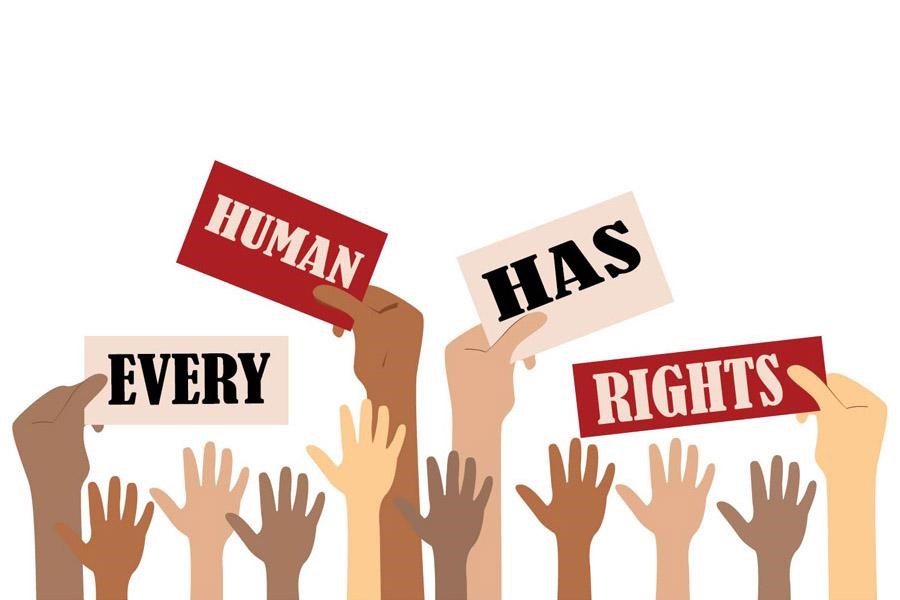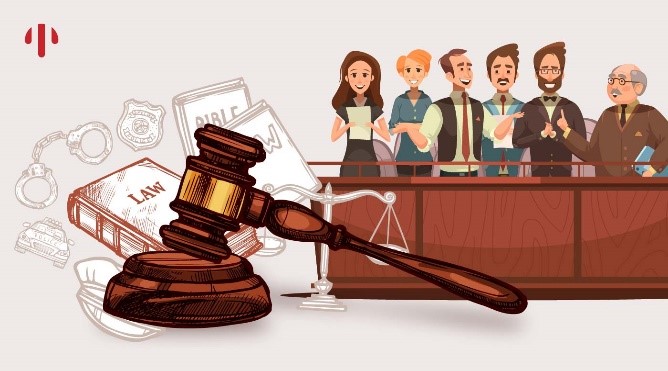Legal Rights for the Citizens in India

In the Constitution of India, the citizens of India have been given some ‘Rights’that everyone can avail. Rights can be defined as the claims that an individual avails for the development and safety of own self and that are recognized by society. Rights are meant to put constraints and obligations upon the actions of an individual or society so that everyone can lead a safe life. Here are some legal rights that everyone needs to know:
Right to Equal Pay:
Under this law, men and women are eligible for equal pay for the work equally done by them. The Equal Remuneration Act 1976 ensures that the same work done by different people equally should be compensated equally.
Right to Information:
The Right to information (Article 19) ensures that any citizen of India can obtain information from any public authority. The authority will provide information as soon as possible or within thirty days. If the information is critical, related to a person’s life or liberty, it should be provided within forty-eight hours.
Right to take legal actions against the traffic police:
Under Motor Vehicle Act 1988, one is entitled to take legal actions against the traffic police if he/she snatches away one’s vehicle keys without reason.

Right under Police Act 1861:
This law defines that a police officer is always on duty whether he/she is wearing his/her uniform or not, he can not deny helping or listening to the victim’s complaint under any circumstances.
Right to Maternity Benefit:
According to the Maternity benefit Act 1961, if a woman is pregnant, the company can not terminate her. The law applies to both public and private sectors, in case of non-abidance, a maximum of three years of punishment can be given.
Right against the Cheque Bounce:
Under Section 138 of the Negotiable instrument Act 1881, a cheque bounce is a punishable offense. The person can be fined twice the amount of the cheque or can be imprisoned for a term not more than two years or he can be both fined and imprisoned.
Right of Parents:
Under Section 125 of the Criminal procedure Code, the maintenance for wives, children, and parents is a continuous obligation of a person. This section ensures that parents whether biological, step-parents or adoptive have the right to claim maintenance from their children.

Right to claim a refund:
The consumer/user has the right to get a refund if he/she is not happy with the goods or services he has not been satisfied with. The Consumer Protection Act 1986 states the right of the consumer to claim a refund.
Right to file an FIR:
Under the Indian penal Code 166 A, a police officer can not refuse to lodge an FIR, if he does so, he/she will be liable for prosecution and punishment as stated by the Supreme Court. Any Indian citizen has the right to lodge an FIR for any offense.
Right of a woman on getting arrested: The Criminal Procedure Code, Section 46, states that a woman can not be arrested y a male police officer under any circumstances and the arrest process can not happen before sunrise or after sunset.